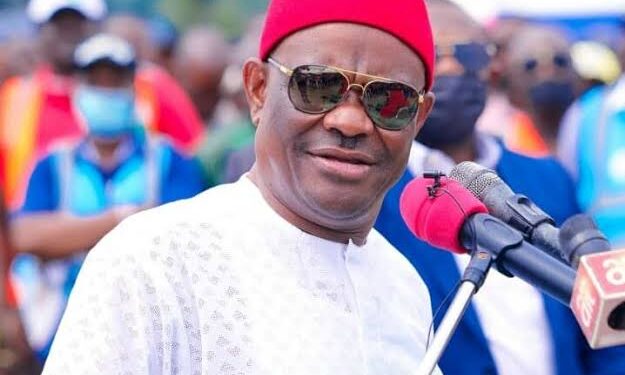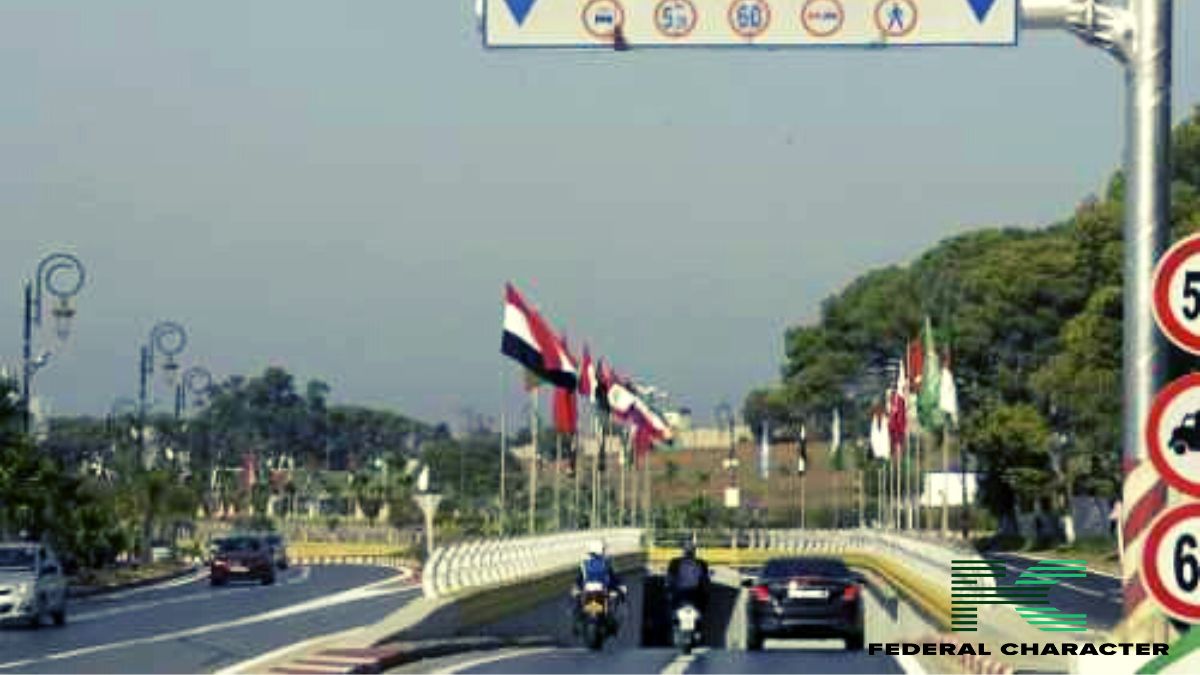Federal Capital Territory (FCT) Minister Nyesom Wike has managed to make headlines once again. This time, his spotlight moment involves a planned protest set to kick off on August 1, known as the #EndBadGovernance protest. But, according to Wike, he hasn’t received any official request to use Eagle Square, the proposed site for the demonstration.
Why It Matters
One can almost hear Wike’s sigh of relief from here, given how much he seems to detest the idea of the protest. The FCT Minister’s lack of surprise over the missing letter speaks volumes. It’s as if Wike is going out of his way to block the protest’s path. But let’s face reality, if you were a public official with a reputation to uphold, would you really welcome a protest challenging your governance?

Wike’s comments came during a town hall meeting with FCT stakeholders, where he emphasized that the protestors need to use the “appropriate channels” instead of making social media their battleground. It’s almost as if he’s suggesting that digital platforms are insufficient for delivering their grievances. This stance feels particularly rich coming from someone who himself has used every conceivable platform to make his point.
Why It Matters.
The minister said: “FCT is not available for such protests,” he declared with the kind of conviction that suggests he’s already braced himself for a clash. Wike’s declaration raises an intriguing question, Isn’t protesting a fundamental right of citizens? His directive to residents not to embark on such acts seems like a blatant attempt to snuff out any form of dissent.
Saturday’s meeting, which included FCT Minister (State) Mariya Mahmoud, area council chairmen, traditional rulers, religious bodies, political party representatives, and various other stakeholders, was intended to be a platform for airing grievances and seeking solutions. Yet, with Wike’s reluctance to acknowledge the protest or facilitate communication through proper channels, one can’t help but wonder about the effectiveness of such gatherings in addressing real issues.
Bottom Line
As the August 1 protest approaches, it seems the battle lines are already drawn, not in favour of open dialogue, but rather against it. So, while Wike and his colleagues may be eager to shut down disagreement, the right to protest remains a cornerstone of democratic society. Let’s see if this fight for free expression will be killed or if it will stand as a testament to the resilience of Nigerian citizens.

















